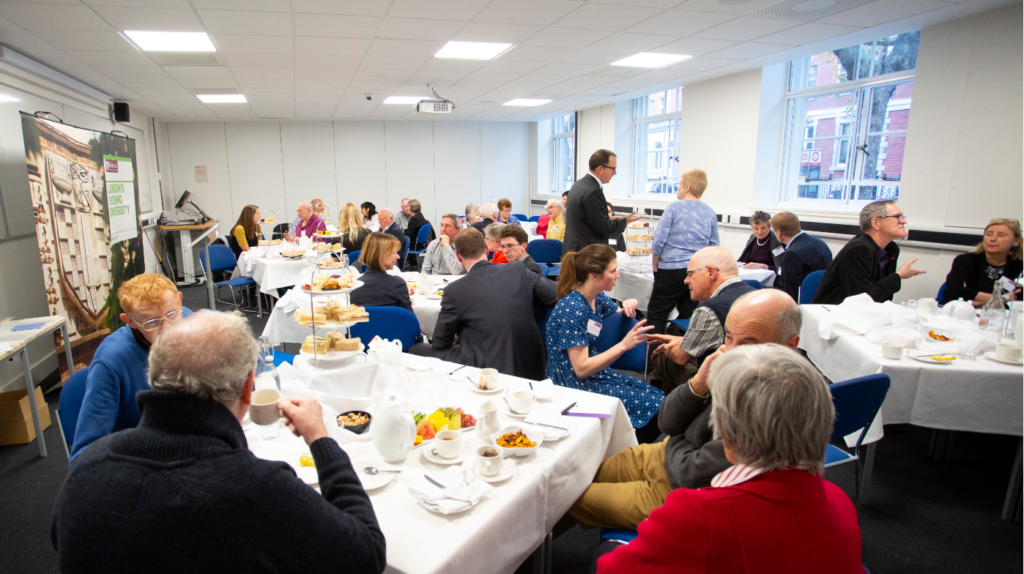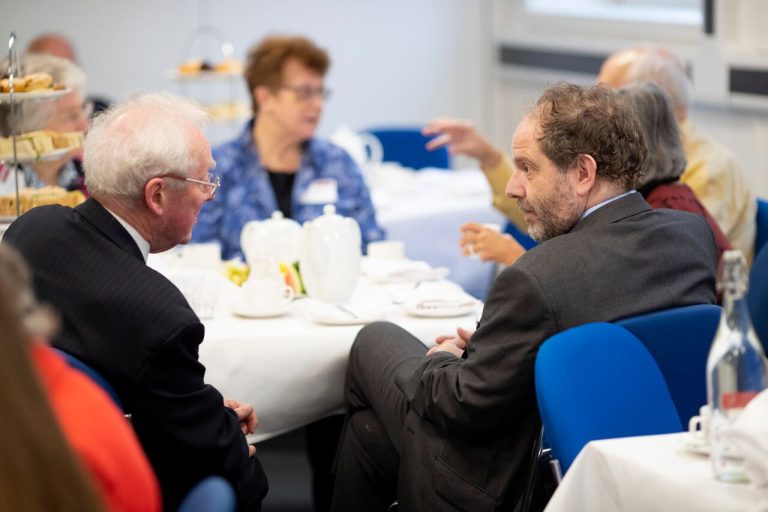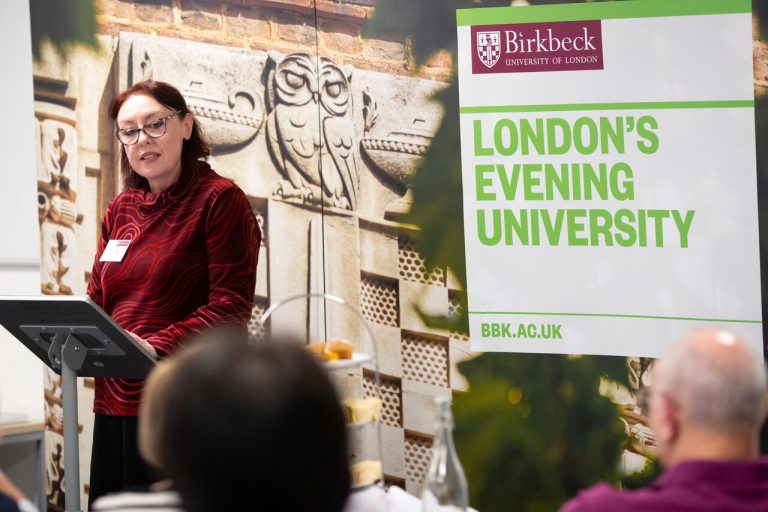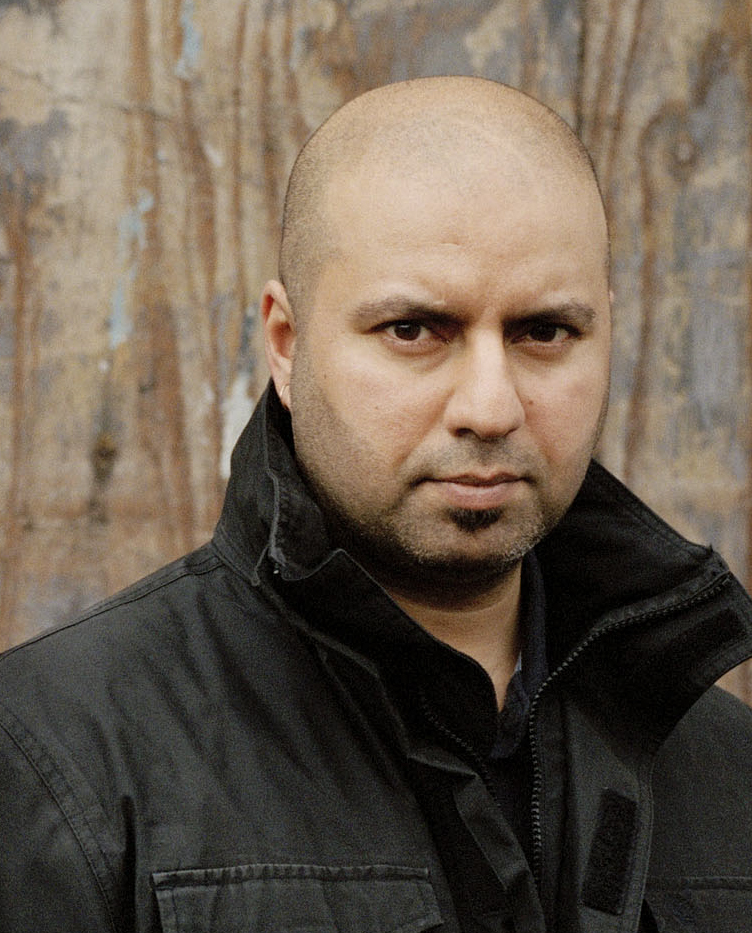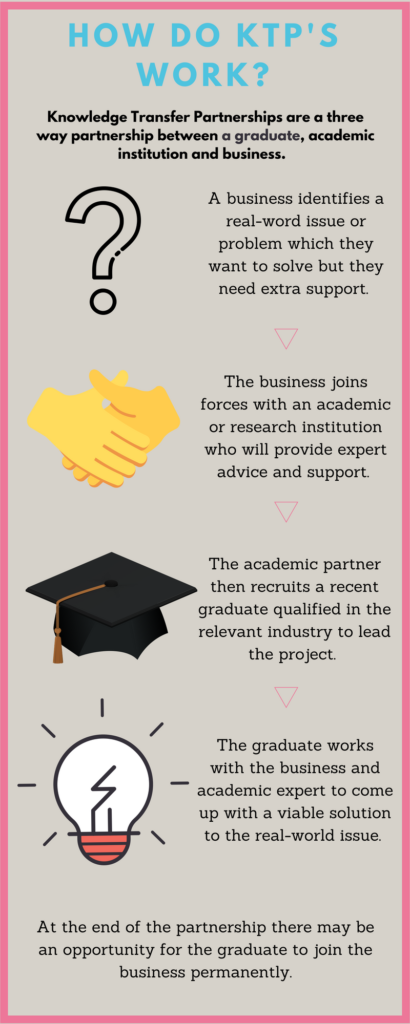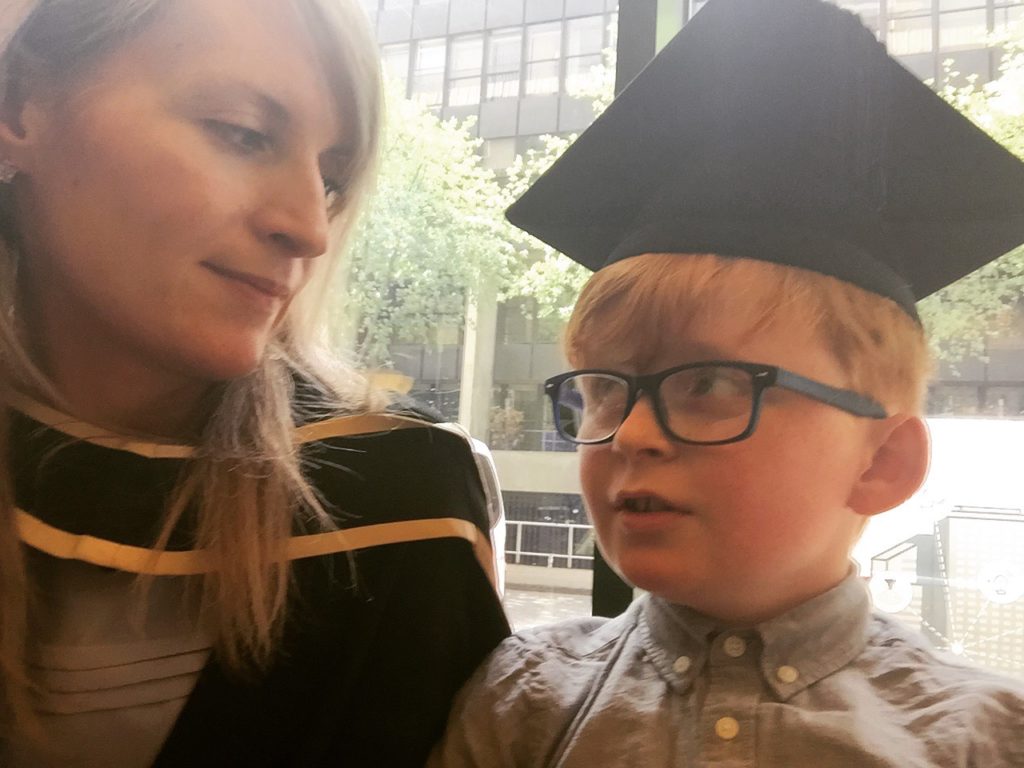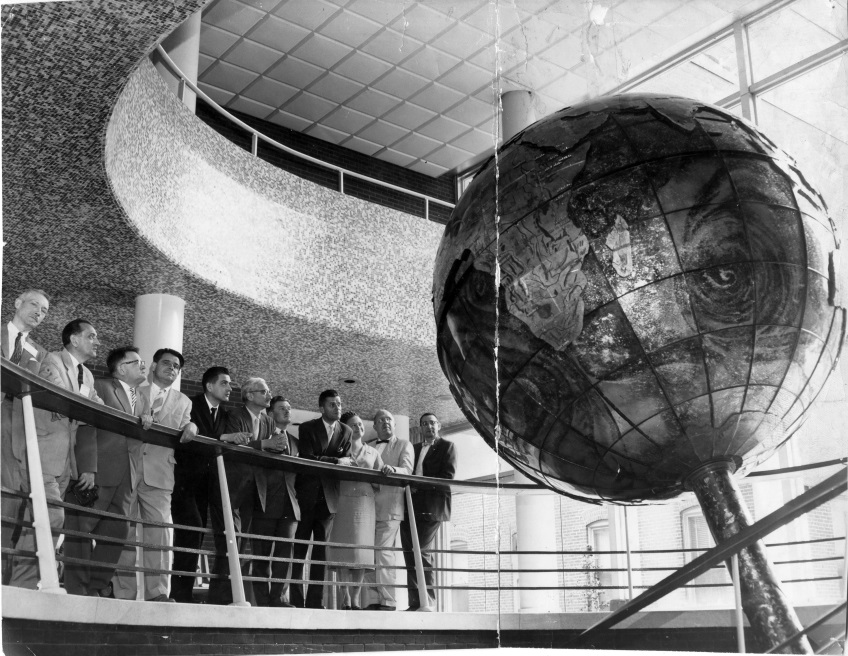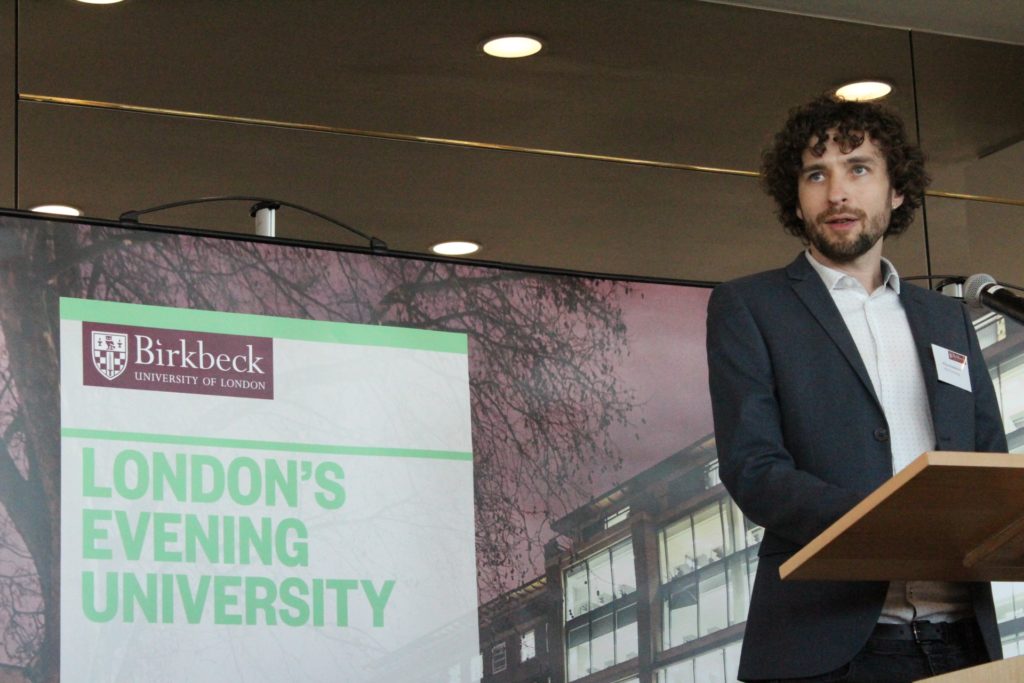
Wikus Barkhuizen who received a fully funded scholarship spoke at last night’s An Evening of Thanks. Wikus described how the studentship transformed his life and enabled him to undertake important research linking smoking to mental health issues in young people. Read the full speech below.
Good evening,
It is a real honour to be here tonight to tell you about my Birkbeck journey and the real difference that your donations make to students like me and to the research we do.
From a young age I knew that I wanted to spend my life helping others. My parents instilled in me a strong culture of the importance of giving back. So after school I decided to do a degree majoring in psychology and genetics.
But things did not go as planned and I had to take a break from my studies to work full time. And as I soon discovered, opportunities in South Africa where I grew up were few and far between without the right contacts or qualifications.
But I got a second chance. A good friend and her mum lent me the money for plane tickets and a visa application so that I could come to the UK to save money to finish my degree.
When I arrived, I worked as a care worker for people with dementia. I also volunteered at a drug service and six months later got a job as a case worker helping people to overcome their addictions. I loved that I could do something for a living that I found fulfilling and that helped others.
Several years later and I had settled in London. I was managing the drug service where I initially started as a volunteer. But working for front line services, especially after several waves of funding cuts, was not a long-term plan. The “more-for-less” culture started demanding too much. Friends and colleagues were burning out around me. Luckily, I had a plan.
You see, Birkbeck is all about second chances. For 4 years I rushed from work to attend evening lectures and finally got my psychology degree.
After graduating from Birkbeck, I was accepted to do a master’s degree at Kings College London researching early interventions in psychosis. While doing my master’s, a good friend from Birkbeck encouraged me to apply for a fully funded PhD studentship on adolescent mental health using genetic methods, supervised by Professor Angelica Ronald at the highly rated Department of Psychological Sciences.
It was perfect for me. And thanks to my experience working in clinical settings with people affected by mental health and substance use difficulties, and my academic background in early interventions, I got the studentship!
If it was not for the generosity of the Birkbeck alumni who funded the Camara-Rijvers David studentship, I would not have been able to dedicate three years of my life to researching a topic I am deeply passionate about.
So let me tell you a bit about my PhD research:
We all know that smoking tobacco is bad for you. If I ask you “What are the risks associated with tobacco use?”, what comes to mind?
Most people think of lung and heart disease and cancer, right? But I am guessing that not a lot of you knew that smoking may also affect your mental health, particularly in young people.
We can measure experiences that resemble psychotic symptoms, like paranoia and hallucinations, in the general population. So in people like you and me. We call these psychotic experiences. Psychotic experiences have been linked to an increased risk of developing mental health problems later on.
Tobacco use is linked to psychotic experiences in adults, but very few studies have been done on adolescents, which is key because it is during adolescence that most people start to smoke and when psychotic experiences often emerge.
So I wanted to know if there is a link between tobacco use and psychotic experiences after taking into account other factors. For instance, if a young person who smokes tobacco is more likely to feel paranoid, is this related to tobacco use or is it rather because they have also experienced more stressful life events or smoked cannabis?
My findings showed was that regular smoking during adolescence was associated with psychotic experiences and this was not just an artefact of other risk factors.
So there is a link. But why? To find out, I ran twin models that compare identical and non-identical twins in a sample of thousands of twins called the Twins Early Development Study. And what these models showed was that in most part, tobacco use and psychotic experiences are associated because of the same genetic influences.
What does this mean?
Finding shared genetic influences do not tell us anything about causality, and it is not to say that smoking and psychotic experiences are predetermined by our genes. What it does tell us is that if we want to understand why tobacco use and psychotic experiences are related, it is important to look at our DNA. And this is what I am currently looking at in my PhD.
Thanks to the opportunity to do a fully funded PhD I have just published the main findings from my first year in a leading adolescent mental health journal. I have developed research skills and got my foot in the door for a new career. This will put me in a good position this time next year when I apply for research positions as a post doc.
My funders not only supported my PhD but a future career that I believe will allow me to continue making a difference, and I could not have done this without their support. Thank you!


